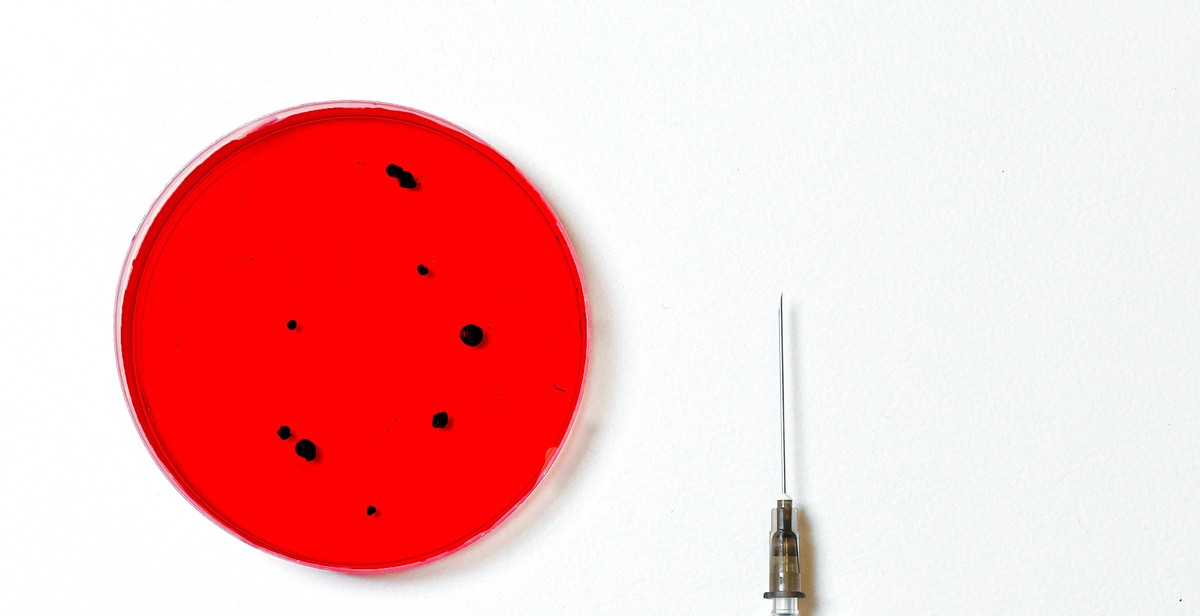How to Maintain Vaccine Records: Tips for Keeping Track of Immunization History
As a professional writer and content creator, I have had the opportunity to research and write about various health-related topics. One of the most important aspects of maintaining good health is getting vaccinated. Vaccines protect us from serious diseases and infections, but keeping track of our immunization history can be a challenge. In this article, I will share some tips on how to maintain vaccine records and keep track of your immunization history.
The Importance of Vaccine Records
Vaccine records are important for several reasons. First, they help you keep track of which vaccines you have received and when. This information is important for your own health, but it is also necessary for certain activities such as travel, school enrollment, and employment. Second, vaccine records can help public health officials track outbreaks of vaccine-preventable diseases and take appropriate action to prevent further spread.
Tips for Maintaining Vaccine Records
- Keep a personal record of your vaccinations in a safe and easily accessible place.
- Make sure your healthcare provider updates your vaccination record after each visit.
- Request a copy of your vaccination record from your healthcare provider.
- Use online tools and apps to keep track of your vaccinations.
- Check with your state or local health department for vaccine registry options.
By following these tips, you can ensure that you have an accurate and up-to-date record of your immunization history. This can help you stay healthy and protect yourself and those around you from serious diseases.

Why is it Important to Maintain Vaccine Records?
Maintaining vaccine records is crucial for several reasons. Here are some of the most significant:
Prevents Over-Vaccination
When you keep track of your immunization history, you can avoid getting vaccinated for the same disease twice. Over-vaccination can lead to adverse effects on your health, such as allergies or even serious complications. By maintaining your vaccine records, you can ensure that you only receive the necessary vaccinations and avoid unnecessary ones.
Ensures Timely Vaccinations
Having accurate vaccine records helps you stay up to date with your immunizations. Vaccines need to be administered at specific intervals to maintain their effectiveness. By keeping track of your vaccine records, you can ensure that you receive your vaccinations on time and don’t miss any important deadlines.
Required for School and Travel
Many schools and universities require students to provide proof of immunizations before enrolling. Similarly, some countries require travelers to show proof of certain vaccinations before entering. Without accurate vaccine records, you may not be able to attend school or travel to certain destinations.
Helps in Disease Outbreaks
During disease outbreaks, public health officials may need to identify individuals who have not been vaccinated or who have been in contact with infected individuals. If you have accurate vaccine records, you can quickly and easily provide this information, helping to contain the spread of the disease.
Overall, maintaining vaccine records is essential for your health and the health of those around you. By keeping track of your immunization history, you can prevent over-vaccination, ensure timely vaccinations, meet school and travel requirements, and help in disease outbreaks.

How to Maintain Vaccine Records: Tips for Keeping Track of Immunization History
Keeping track of vaccine records is crucial for maintaining good health and preventing the spread of infectious diseases. Here are some tips for maintaining accurate vaccine records:
Keep a Physical Copy
One of the easiest ways to maintain vaccine records is to keep a physical copy. This can be a paper copy or a digital copy that you print out and keep in a safe place. You can request a copy of your vaccine records from your healthcare provider or local health department. Make sure to keep this record up-to-date by adding any new vaccines or booster shots that you receive.
Use an Online Tool
Another option is to use an online tool to maintain your vaccine records. There are many free online tools available that allow you to create and store your vaccine records securely. These tools are convenient because you can access them from anywhere with an internet connection. Some online tools even send reminders when it’s time for a booster shot.
Maintain a Personal Record
In addition to keeping a physical or digital copy, it’s a good idea to maintain a personal record of your vaccine history. This can be a simple spreadsheet or document that you update each time you receive a vaccine. Be sure to include the date of the vaccine, the type of vaccine, and the name of the healthcare provider who administered it.
Keep a Record for Each Family Member
If you have children or other family members who require vaccines, it’s important to keep a separate record for each person. This will help you keep track of which vaccines each person has received and when they are due for their next vaccine. You can also use this record to keep track of any adverse reactions or allergies to vaccines.
| Method | Advantages | Disadvantages |
|---|---|---|
| Physical Copy | Easy to access | Can be lost or damaged |
| Online Tool | Convenient and accessible from anywhere | May not be secure |
| Personal Record | Easy to maintain and update | May not be easily accessible in an emergency |
| Record for Each Family Member | Keeps track of each person’s vaccine history | Can be time-consuming to maintain |
- Keep a physical copy of your vaccine records
- Use an online tool to maintain your records
- Maintain a personal record of your vaccine history
- Keep a separate record for each family member
By following these tips, you can ensure that you and your family stay up-to-date on your vaccines and maintain accurate vaccine records for years to come.

Tips for Keeping Track of Immunization History
Keeping track of immunization history is crucial for every individual, especially children. It helps in ensuring that you and your family are protected from dangerous diseases and infections. However, it can be challenging to maintain vaccine records, especially when you have a busy schedule. Here are some tips to help you keep track of your immunization history:
Schedule Reminders
One of the easiest ways to keep track of your immunization history is to schedule reminders. You can use your smartphone or calendar to set reminders for upcoming vaccinations. This helps you stay on top of your vaccination schedule, and you won’t miss any important immunizations.
Organize the Records
Organizing your vaccine records is crucial to ensure that you can access them easily when needed. You can create a file or folder where you store all your immunization records. Make sure to label the folder or file appropriately, so you can easily identify it. You can also use a vaccine tracking app to help you organize your records.
Keep a Backup Copy
It is always a good idea to keep a backup copy of your immunization records. You can store a digital copy of your records in a cloud-based storage system or on a flash drive. This ensures that you have access to your records even if you lose the physical copy.
Update Records Regularly
Updating your immunization records regularly is essential to ensure that you are up to date with your vaccinations. Make sure to add any new vaccinations to your records and update the dates of your previous vaccinations. This helps you keep track of your immunization history accurately.
| Tips | Description |
|---|---|
| Schedule Reminders | Set reminders for upcoming vaccinations |
| Organize the Records | Create a file or folder to store immunization records |
| Keep a Backup Copy | Store a digital copy of your records as a backup |
| Update Records Regularly | Add new vaccinations and update the dates of previous vaccinations |
By following these tips, you can keep track of your immunization history and ensure that you and your family are protected from dangerous diseases and infections.

Conclusion
Keeping track of vaccine records is an important aspect of personal and public health. With the rise of mobile apps and online platforms, it has become easier than ever to maintain accurate and up-to-date immunization records. However, it’s important to remember that these tools should supplement, not replace, traditional methods of record-keeping.
By following the tips outlined in this article, you can ensure that you and your loved ones are protected against preventable diseases. Whether you choose to use a mobile app, online platform, or physical record-keeping system, the most important thing is to stay organized and consistent.
Remember to always keep a copy of your records on hand and to update them regularly. By doing so, you can help protect yourself, your family, and your community against vaccine-preventable diseases.
References:
- CDC. (2021). Immunization Schedules. Centers for Disease Control and Prevention.
- Immunization Action Coalition. (n.d.). Vaccine Information Statements (VISs). Immunization Action Coalition.
- National Vaccine Information Center. (2021). Vaccination Records: Why Keeping Track of Your Vaccinations is Important. National Vaccine Information Center.
Disclaimer:
The information in this article is for educational purposes only and should not be used as a substitute for professional medical advice, diagnosis, or treatment. Always consult with a healthcare provider if you have any questions or concerns about your immunization history or vaccine records.
